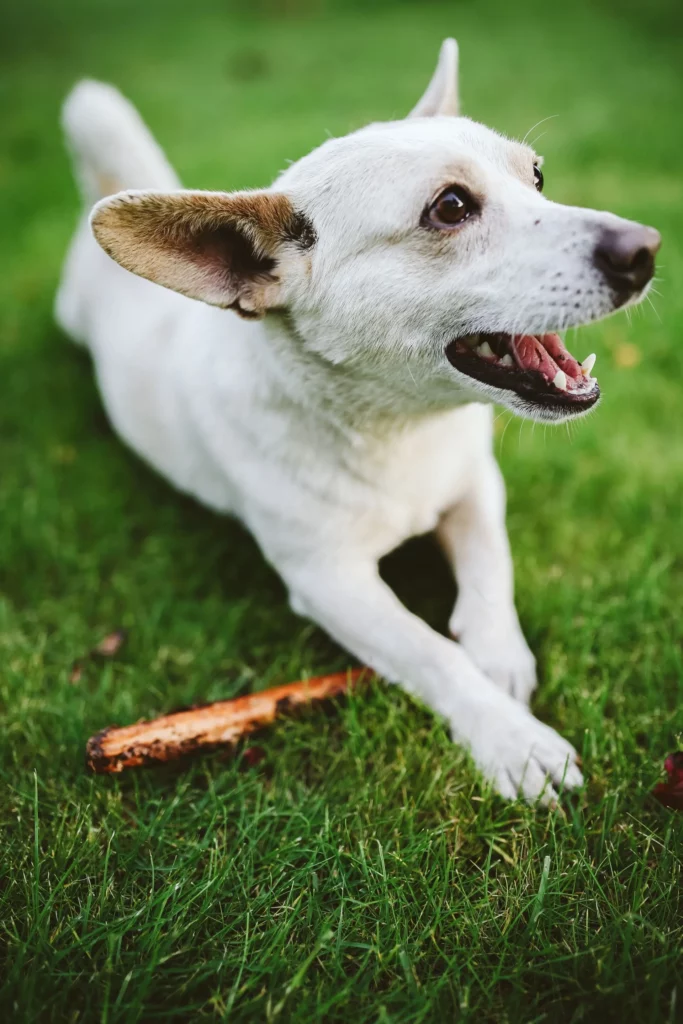Has your dog seemed a bit stiff lately? If so, your pooch may be at risk of developing hip dysplasia. This painful condition is extremely common in older dogs, but it can affect pups of all ages. A Columbia, MD vet discusses hip dysplasia below.
Basics
Hip dysplasia happens when dogs’ hip joints, which have a ball and socket makeup, do not fit together properly. This causes the bones to rub together, which causes pain, friction, and eventually, makes it very difficult for dogs to move. Over time, this condition can become debilitating, and can really affect Fido’s mobility, range of motion, and quality of life.
Causes
There are many things that can cause or contribute to hip dysplasia in dogs. Genetics is one major factor. The condition is very prevalent in large breeds, such as Great Danes, German Shepherds, and Saint Bernards. Lifestyle, particularly exercise, can also play a role. Too much exercise, too little exercise, and the wrong kinds of exercise are all detrimental. Nutrition can be a factor as well. Large breeds go through massive growth spurts in a very short period of time, so any imbalances in puppyhood can spell bad news down the line. Last but not least, obesity is another possibility.
Warning Signs
There are some signs for you to watch out for. Some of these include stiffness, lameness, sensitivity in the hips, and limping. Fido may be less active than he once was, and his range of motion may decrease. Your pooch may have trouble running, jumping, getting up or down. Climbing stairs and getting in and out of cars can also become difficult. Your canine pal may walk or move with a different gait, which may look like a bunny hop. You may also notice less muscle in your pup’s back legs, and more in his shoulders. Keep in mind that these symptoms can appear at any point in a dog’s life.
What To Do
Fortunately, there are things you can do to help manage your pet’s pain. Proper nutrition and weight management are both very important. Supplements, such as glucosamine, can also be quite helpful. Many alternative treatments, such as acupuncture, chiropractic, and Chinese herbal therapy can be very effective as well. Your vet can provide specific recommendations once a diagnosis has been made.
As your Columbia, MD animal hospital, we’re here to help. Contact us anytime!







